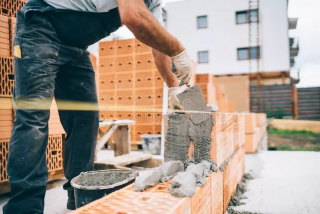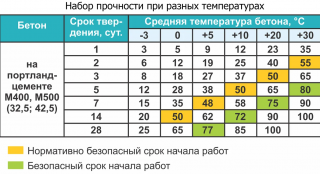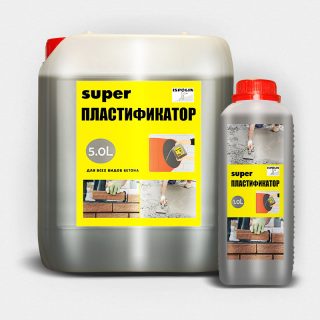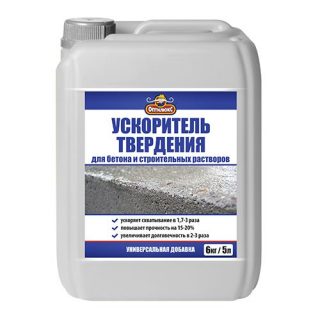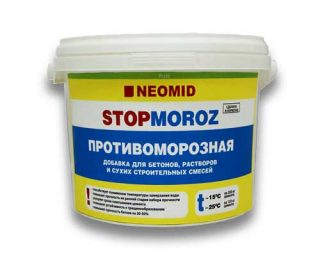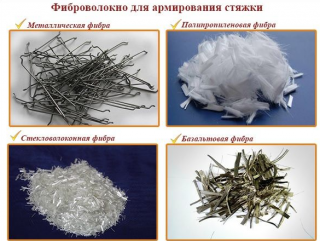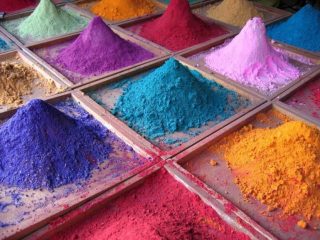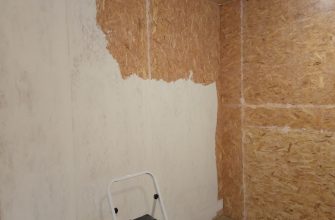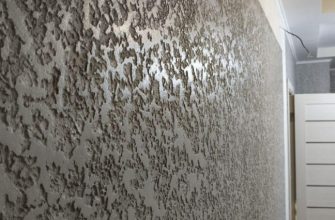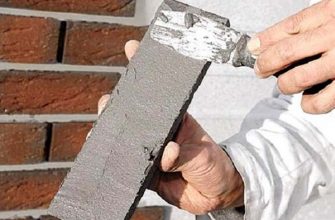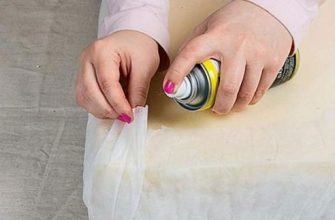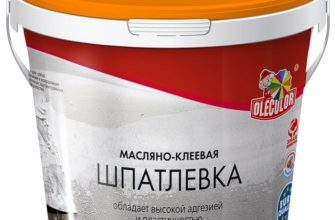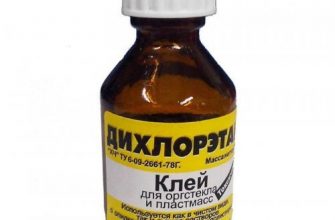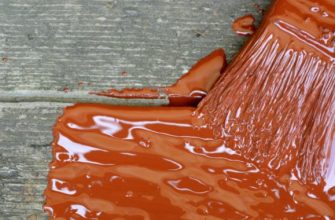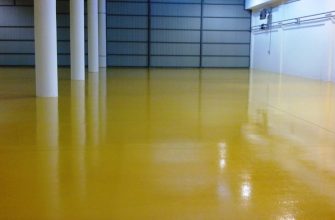Brick walls are laid not only at above-zero temperatures, the construction of buildings continues in frosty weather. Previously, such a process was considered impossible, but as a result of modern developments, additives have been obtained in the winter masonry mixture for bricks. Modifiers solve the problem of construction in the cold season without losing the quality of the mortar.
The need to use a winter solution
Application of additives in winter mortar for brickwork due to reasons:
- the need for construction in frost;
- lowering the crystallization temperature of the liquid;
- activation of cement hardening;
- increased plasticity to facilitate styling;
- increase in operating time.
Methods for creating greenhouses, heating the mixture work only on objects of small size, and during mass construction, anti-frost and other additives are used.
Choice of additives and rules of application
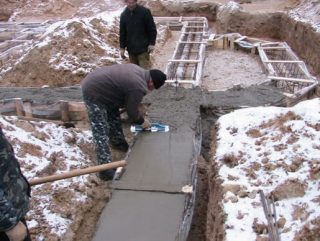
Modifier brand determined by its properties and action on the solution. With the help of additives, it is possible to regulate the working time, to increase the water resistance, frost resistance, and to reduce the degree of shrinkage during setting.
When introducing additives, the technology is followed and application rules:
- Do not violate quantitative recipe of the manufacturing plant, which is given in the instructions or on the packaging, so as not to reduce the strength of the winter masonry mortar for bricks.
- Take into account air temperature and its possible changes in order to correctly regulate the concentration of modifiers.
- Use protective overalls when working with chemicals.
Maintain the recommended temperature of the mortar mass, ensure uniform mixing. Modify the solution immediately before starting work, do not allow the prepared mixture to stand idle.
Types of additives, classification by action
Main varieties:
- plasticizing agents;
- mixture setting accelerators;
- air entrainers;
- hardening retarders;
- inhibitors of corrosion processes;
- seals;
- antifreeze additives;
- decorative dyes.
There are different types of masonry, each of which needs a composition with certain qualities. Based on this, the required modifiers are selected.
Plasticizers
Benefits of plasticizers:
- Reduce the consumption of cement binder by 10 - 15%
- Reduces water concentration by 5-15%
- Reduces post-setting shrinkage
- Increase resistance to temperature extremes
- Increase the adhesion of the mortar to the reinforcement rods
- Reduce the risk of corrosion on the stamping mesh in masonry, metal embedded parts.
In the plasticized mixture, fewer air pockets appear, which affect the strength. The material does not exfoliate, the storage time of the mixture increases before the start of laying in a brick wall.
Accelerators
Concurrent action of accelerators:
- increase mobility, strength;
- increase the resistance to moisture absorption by 20 - 25%.
The product is sold in the form of a liquid or dry powder, which is diluted with water before being added to the mixture. The dosage is written on the label, but is usually used in concentration 0.2 - 5.0% of the total mass... Accelerators are used not only in frost, but also, if necessary, quickly erect large-volume brickwork.
The additive accelerates the set of strength of the mixture, so there is no need to wait for the 28 days prescribed for this.
Accelerating modifiers contain aggressive substances, therefore they are not used in reinforced masonry, and are not combined with other additives.
Antifreeze
Masonry on a solution with such additives cannot be loaded immediatelyso that the mixture can gradually ripen without the appearance of internal tension. Antifreeze additives increase the adhesion of the mass to metal inserts and reinforcement, since at negative temperatures the solution does not envelop the rods, and adhesion does not occur.
Reinforcing
The action of reinforcing additives:
- fills the gaps between cement grains, increases wear resistance;
- increases the operational life of the structure;
- gives smoothness to the hardened solution, excludes microcracks.
Fiber tanks are produced on the basis of steel, basalt and polypropylene yarns.
Decorative
Decorative additives classify:
- by origin - organic and mineral;
- by production method - artificial and natural.
Inorganic components are diluted with water to a creamy consistency, then left for an hour to swell. Dispersion increases, while the coloring ability increases. Pigments reduce the quality of the mixture, so the recipe is applied as needed.
DIY winter solution
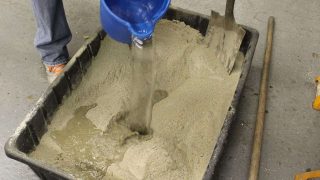
The mass for masonry is prepared at a concentration of 1: 3 (cement and river sand, respectively)... The cement is taken dry, the sand is sieved before adding. Modifiers are added according to the instructions, carefully calculating their number.
The temperature in the room where the mixture is prepared should be with a plus sign, then the finished solution is moved to the place where the wall was erected.
First, the components are dry mixed, then water and additives are added. Recommended water temperature +15 - 20 ° С. The volume of the mixture, which can be produced in an hour, is kneaded. After this time, the mass dries up and begins to harden.

